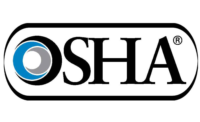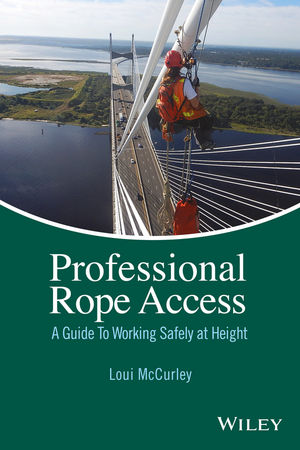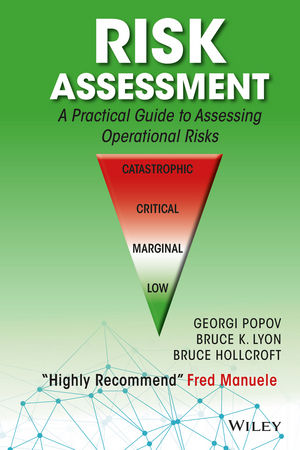DOL takes action to help workers, employers during coronavirus

The following is a list of some government actions from the U.S. Department of Labor and news related to workplace safety and coronavirus that took place in the past week:
- On Tuesday, June 9, U.S. Secretary of Labor Eugene Scalia delivered testimony and responded to questions from the U.S. Senate Finance Committee regarding the Department’s work with states on unemployment insurance. Secretary Scalia discussed the importance of getting back to work those Americans who have been temporarily unemployed as a result of the coronavirus pandemic.
- U.S. Secretary of Labor Eugene Scalia joined Vice President Mike Pence and the White House Coronavirus Task Force for a discussion with the chief executives of approximately 50 States, territories, and the City of Washington, D.C. to provide an update on local, state and Federal COVID-19 response and recovery efforts.
- U.S. Department of Labor Statement on D.C. Circuit Court Ruling – Solicitor of Labor Kate O’Scannlain and Principal Deputy Assistant Secretary for the Occupational Safety and Health Administration (OSHA) Loren Sweatt issued the following statement regarding the D.C. Circuit Court ruling in re: “American Federation of Labor and Congress of Industrial Organizations, No. 20-1158:” “We are pleased with the decision from the D.C. Circuit, which agreed that OSHA reasonably determined that its existing statutory and regulatory tools are protecting America’s workers and that an emergency temporary standard is not necessary at this time. OSHA will continue to enforce the law and offer guidance to employers and employees to keep America’s workplaces safe.”
- U.S. Department of Labor Issues Frequently Asked Questions and Answers About Face Coverings, Surgical Masks and Respirators in the Workplace – “As our economy reopens for business, millions of Americans will be wearing masks in their workplace for the first time,” said Principal Deputy Assistant Secretary for Occupational Safety and Health Loren Sweatt. “OSHA is ready to help workers and employers understand how to properly use masks so they can stay safe and healthy in the workplace.”
- U.S. Department of Labor Awards Nearly $239 Million in Dislocated Worker Grants in Response to Coronavirus Public Health Emergency – The U.S. Department of Labor announced the award of three Dislocated Worker Grants totaling $16,836,480 to help address the workforce-related impacts of the coronavirus public health emergency. This latest award follows five previous waves of funding, bringing the total amount awarded to states and territories to $238,881,438.
- U.S. Department of Labor to Offer Families First Coronavirus Response Act Webinars to Educate Employees and Employers – The U.S. Department of Labor’s Wage and Hour Division and Occupational Safety and Health Administration will offered multiple webinars this week to educate employers and employees on the paid sick leave and expanded family and medical leave benefits available under the Families First Coronavirus Response Act (FFCRA), as well as whistle-blower protections.
- Georgia Company Pays Employee Back Wages After Wrongly Denying Emergency Paid Sick Leave in Families First Coronavirus Response Act – A West Point, Georgia, custom machine and fabrication company has paid $1,060 to an employee after the U.S. Department of Labor determined the employer wrongly denied emergency paid sick leave for a qualifying reason covered under the Emergency Paid Sick Leave Act (EPSLA) provisions of the FFCRA.
- Contractor Reinstates, Pays Back Wages to Employee After U.S. Department of Labor Finds Violation of Families First Coronavirus Response Act – The agency determined that a Maryland electrical contractor violated the FFCRA when it denied an employee’s request for paid leave to care for a child when the coronavirus pandemic closed the child’s school. Instead, the company terminated the employee. After contact by the Wage and Hour Division, the contractor reinstated the employee, provided paid leave and agreed to comply with the law in the future.
The mission of the Department of Labor is to foster, promote and develop the welfare of the wage earners, job seekers and retirees of the United States; improve working conditions; advance opportunities for profitable employment; and assure work-related benefits and rights.
Looking for a reprint of this article?
From high-res PDFs to custom plaques, order your copy today!







